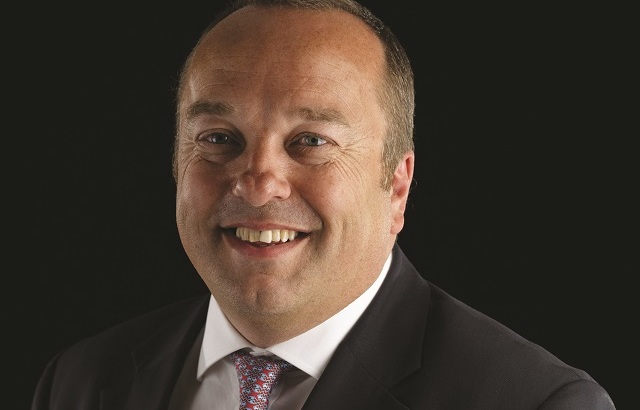Overweight America
Coombs highlights how he has been overweight in America for three years across all the portfolios, with names such as Johnson & Johnson, Nike and Coca-Cola characterised by having little debt and good dividend cover, plus banks such as Wells Fargo and United Bank. “I’m hunkered down for the next four years while the world is experiencing sub-growth, so I want companies that can grow structurally, rather than cyclically,” he says.
But Coombs is not optimistic about the eurozone, where he can envisage a recession “potentially in the next year, particularly outside of Germany”.
While the US is still the best place to be, that’s not to say its economy “is going gang-busters. It is much more about being company-specific right now”, he says.
He sits in the soft-landing camp for China’s economy and, in combination with the US, he argues this will be just about enough to generate some global growth.
But he is frustrated that as a multi-asset manager, it is getting increasingly difficult to allocate equities by country because the indices have become so international.
Strategic buy
One of his most recent purchases is biotechnology company Amgen, operating in an area he has wanted exposure to for some time and took advantage of a weak period even though “not ridiculously cheap”.
“In my ideal world, I would buy 40 stocks and sit on them forever – just top and tail them,” he says.

However, in practice it is a different story and he picks out two other stocks that were bought this year – DCC and Land Securities. DCC is an international sales, marketing, distribution and business support services group, organised and managed across four divisions, covering energy, technology, healthcare and environment.
“I bought DCC when many people probably thought it was still expensive, but because I’m looking at a five-year view I’m not too worried in the short term. My core strategy is to be in quality companies, with good visibility, that are not going to give me massive profits warnings.”
The reason for buying Land Securities was because he exited bricks-and-mortar funds but still wanted some real estate exposure, albeit through a Reit.
“Growth will be hard to find. You’re going to have rising costs of capital. The consumer is going to have higher taxation, probably a higher oil price at some stage, and therefore we are going to see margins, disposable incomes –particularly in Europe – squeezed.”
Therefore, Coombs’s target is focused on companies that can grow on a non-cyclical basis, which he predicts will be on a premium rating over the next five years.
He says he started the year thinking equity markets would be flat and bond markets would be negative – and it is playing out that way. But his view was that he had to generate positive returns, so his turnover has been “quite high” in terms of trading activity.
“I’ve been very disciplined. In Q1, when the markets kept falling week on week, I added all the way through, progressively dealing with portfolio drift to make sure I didn’t suddenly have to make a big decision and add, say, 10% to equities after a big fall. We had a positive return in Q1 as a result. We didn’t try to market time but made sure we liked our stocks and kept adding into the weakness.
“If you’ve got stocks that have low levels of debt, can grow from cashflow and have high cashflow yields, you feel relatively comfortable adding to them, even when markets are quite distressed and fear is driving things.”
In terms of themes for the rest of the year, he anticipates more of the same. “We’re going to see huge stock dispersion. The trouble is there is such a lack of visibility in the world right now. You’ve got Brexit, which is not just a UK phenomenon. So that takes us through to the end of the first half of the year. If the UK votes to leave, then Europe will have turmoil for the rest of the year.
“The threat of recession in Europe is much greater than it was 12 months ago, and that is going to play on global sentiment. US numbers are modest, the Japanese numbers are grim and China’s are just north of positive. So the market is going to be volatile and lurch from data point to data point over the next six months – at the least.”








